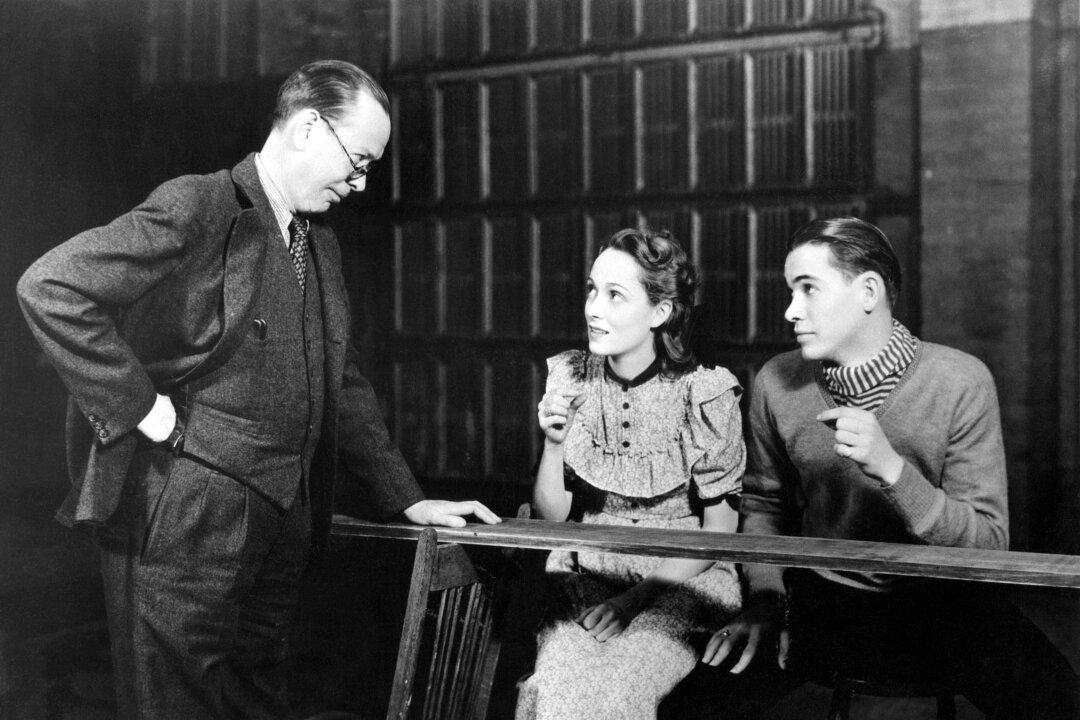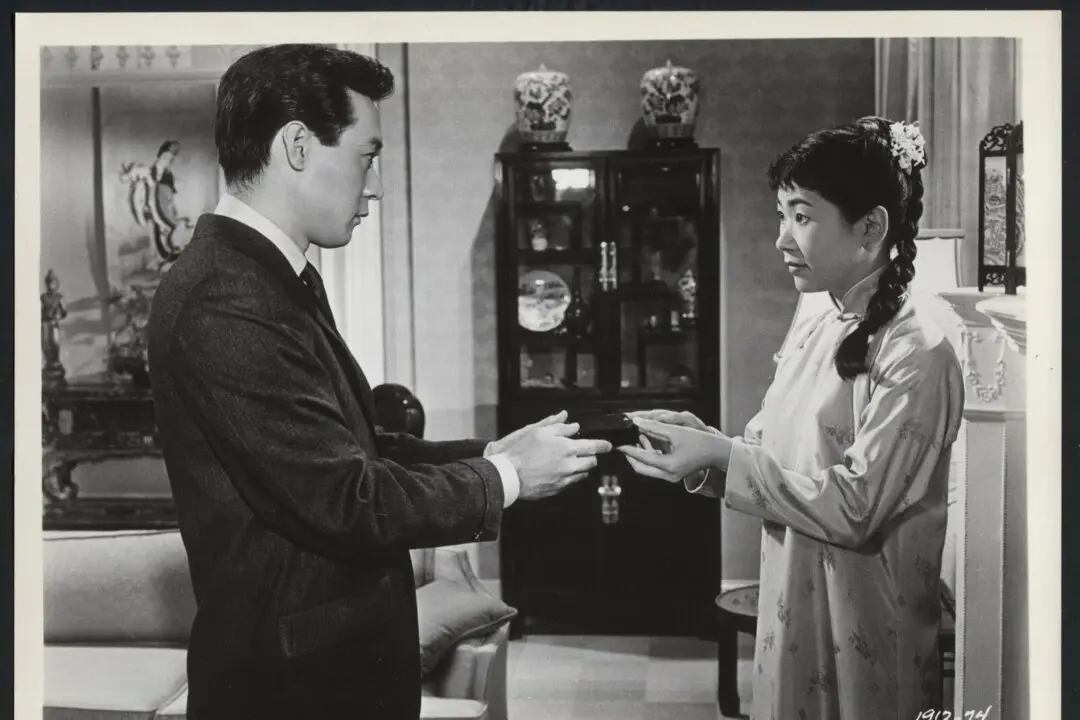Writers of dystopian literature—fiction about a dehumanizing or terrifying future—can act as prophets, describing possible disasters should we follow certain pathways and advising us to stay awake and live with our eyes wide open.
In high school or college, many of us doubtless read such novels as George Orwell’s “1984” and “Animal Farm,” Pat Frank’s “Alas, Babylon,” Walter Miller’s “A Canticle for Leibowitz,” and Aldous Huxley’s “Brave New World.” The possible consequences of nuclear war, the ugliness and brutality of communism, the seductive attraction to hedonism: By addressing such topics, these writers and many more raised the red flag in hopes that their readers would heed their warnings.






